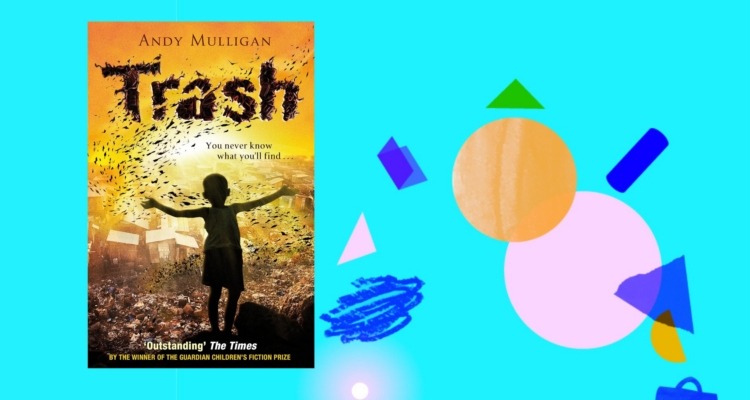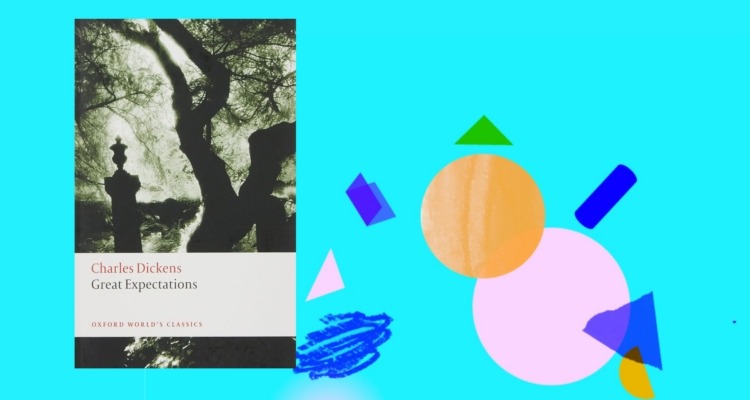Something in the Air: Perfume
Kimberley Long is a former Reader volunteer currently teaching English in Japan. In the second of her series of posts she praises internationalism through her recent reading experiences.
A couple of weeks back I went to Kyoto for a three day weekend. Three day weekends occur fairly frequently here as Japan is blessed with an abundance of public holidays. They give the perfect opportunity to travel around the country without using up any of our precious paid holiday. This one was for 'Foundation Day', a holiday to celebrate the founding of the Imperial line by Jimmu, Japan's possibly mythical first emperor. During this weekend my novel of choice was Patrick Suskind's Perfume. This book has been highly recommended to me from all directions, and always seemed to follow me about. From being in Germany when the film was released a couple of summers back; to a South African friend here who can speak fluent German having a copy in its original language on her bedside table. And while I was home in the UK over Christmas I spent a brief visit in London. On the tube there was a man about my age sitting opposite me reading it in Italian. This is clearly a novel that transcends the boundaries of nationality and language.
While reading it I had to marvel at my own contribution to its internationalism. It's a novel originally written in German and set in France. And here I was reading it in an English translation in the most quintessentially Japanese city in the world. Kyoto was originally the capital of Japan before it was moved to Tokyo about 140 years ago. As a result it has kept much of it's old grandeur from this period in the shape of hundreds of shrines and temples. It is also has the most working Geisha, as anyone will know who has read about these rare creatures in Golden's Memoirs of a Geisha. I had to wonder about what it was that makes the novel so attractive to people throughout the world, and I can only conclude that it is its preoccupation with smell. I doubt that any work of literature has ever before been devoted to the sense of smell in such a way. I actually heard once that in Austen's entire oeuvre there is not a single reference to smell, although I haven't checked for myself. Why has this sense been neglected for so long in literature? What is it about smell that has relegated it compared to the other four?
Maybe it's because smell can be so difficult to explain. It's such a personal sense. While most people will have similar experiences of what affects through sight and touch, smell influences people in different ways. For me the smell of lavender always reminds me of being aged 11. There was a lavender bush in my school and all through the spring and summer there was one corner of the playground that would be filled with its delicate yet prevailing scent. But perhaps it's also because it is the sense we pay the least attention to in our day to day lives. I could vividly describe the view of Kinkakuji, the Golden Pavilion, with snow on its slanted roof, the noise of the many tourists present, and the chill in the February air. But as much as I try to find it in my memory I have no idea what it smelt like there. The reason that the lavender bush stays with me is because it was so incongruous in the middle of an inner-city school yard. I had never smelt real lavender before, only the synthetic kinds that comes in soaps and drawer liners. Perhaps that's why Perfume seems to have spread around the world. Like the lavender its evocation of smell intrudes on our normally scentless literary lives.
By Kimberley Long
Share
Related Articles

World Book Day® and The Reader celebrate the fun of reading
National reading charity World Book Day is partnering with Shared Reading charity The Reader for a fun-filled day in…

February’s Title Pick for Children: Trash by Andy Mulligan
Through our Bookshelf this year we are exploring the different places that people call home. From the very beginning…

February’s Title Pick for Adults: Great Expectations by Charles Dickens
Great Expectations by Charles Dickens The Reader’s staff and volunteers have been leading Shared Reading groups in many different…


